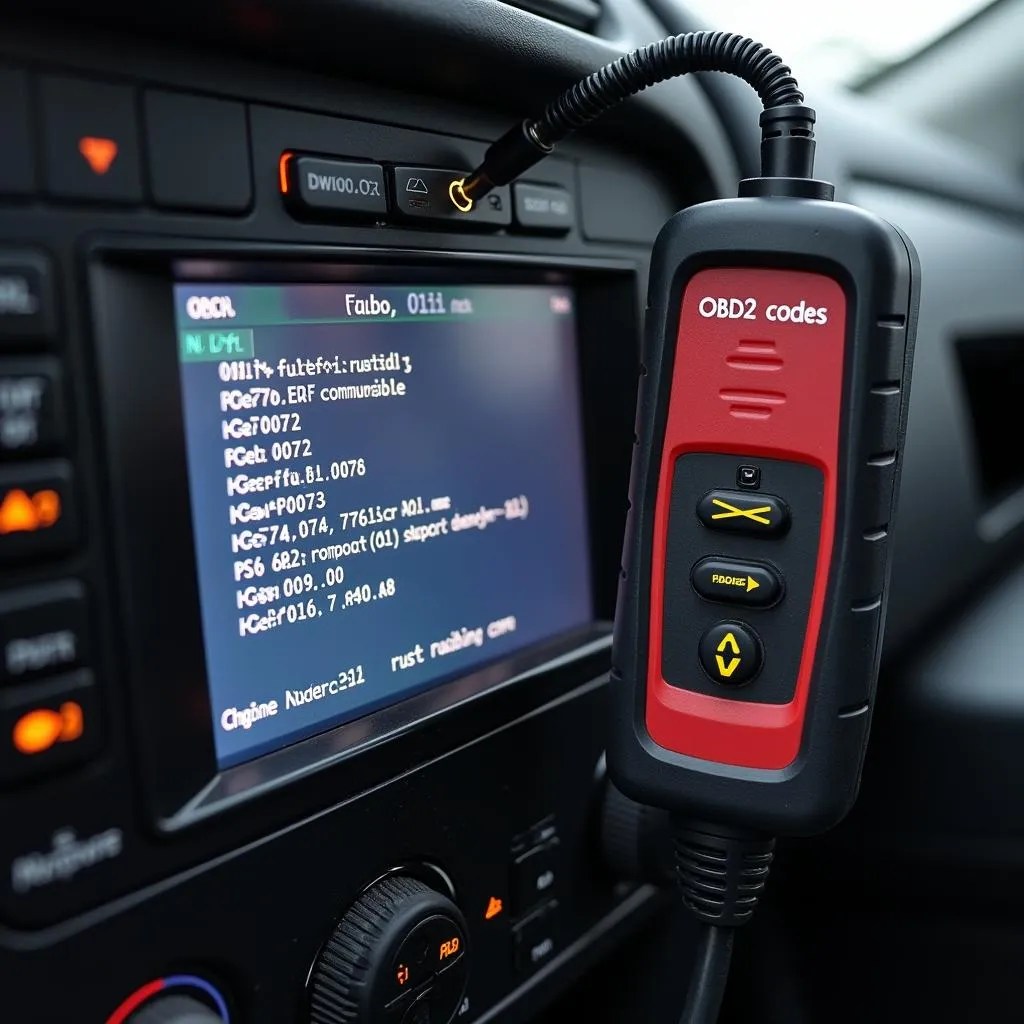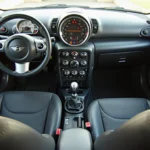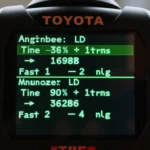The OBD2 (On-Board Diagnostics) system in your vehicle is like a digital mechanic, constantly monitoring its performance and health. It communicates with various sensors and modules, providing valuable data through diagnostic trouble codes (DTCs), one of which might be “996 OBD2 remaining fuel.” This code, however, is not a standardized OBD2 code and often indicates a misinterpretation or a non-standard code specific to certain vehicle manufacturers.
While a “996 OBD2 remaining fuel” code might not be universally recognized, encountering any issues with your fuel level readings or unusual behavior related to fuel consumption warrants attention. This article explores the potential reasons behind inaccurate fuel readings, common OBD2 codes related to fuel systems, and steps you can take to diagnose and address these issues.
Decoding Your Fuel Gauge: Why Accuracy Matters
A precise fuel gauge is more than just a convenience; it’s crucial for:
- Preventing Unexpected Breakdowns: Running out of fuel can leave you stranded and potentially damage your fuel pump.
- Accurate Trip Planning: Knowing your fuel level allows for efficient route planning and avoids unnecessary fuel stops.
- Monitoring Fuel Economy: Sudden changes in fuel consumption could indicate underlying mechanical issues that need addressing.
Beyond 996: Common OBD2 Codes Related to Fuel Systems
While “996 OBD2 remaining fuel” is not a standard code, numerous other codes relate directly to fuel system problems. Some frequently encountered codes include:
- P0171 and P0174: Indicate a lean fuel mixture in engine banks 1 and 2, respectively.
- P0172 and P0175: Suggest a rich fuel mixture in engine banks 1 and 2, respectively.
- P0461: Signals a problem with the fuel level sensor circuit, often leading to inaccurate fuel gauge readings.
- P0462: Indicates an abnormally low signal from the fuel level sensor circuit.
- P0463: Points to an abnormally high signal from the fuel level sensor circuit.
 OBD2 Scanner Displaying Fuel System Codes
OBD2 Scanner Displaying Fuel System Codes
Common Culprits Behind Inaccurate Fuel Readings
Several factors can contribute to inaccurate fuel readings beyond manufacturer-specific codes:
-
Faulty Fuel Level Sensor: Located in the fuel tank, this sensor measures the fuel level and relays the information to your fuel gauge. Over time, it can wear out or become inaccurate.
-
Fuel Level Sensor Circuit Issues: Wiring problems, loose connections, or a damaged float in the fuel tank can disrupt the signal from the sensor to the gauge.
-
Fuel Pump Problems: While not directly related to the sensor, a failing fuel pump can sometimes cause fluctuating or inaccurate fuel gauge readings.
-
Instrument Cluster Malfunction: In some cases, the issue might not be the sensor itself, but rather the instrument cluster where the fuel gauge is displayed.
Troubleshooting Fuel-Related Issues: A Step-by-Step Guide
If you suspect a problem with your fuel system or experience unusual fuel gauge behavior, here’s a general approach to diagnose the issue:
-
Read OBD2 Codes: Connect an OBD2 scanner to your vehicle’s diagnostic port and read any stored codes. Note down all codes for reference.
-
Research and Interpret Codes: Look up the specific codes you retrieved to understand their meaning and potential causes.
-
Visually Inspect Related Components: Depending on the codes or symptoms, visually inspect components like the fuel level sensor (often accessible from beneath the rear seat), wiring harnesses, and fuel lines for any visible damage or loose connections.
-
Test the Fuel Level Sensor: Using a multimeter, you can test the resistance of the fuel level sensor to check if it’s functioning within the expected range.
-
Consult a Professional: If you’re uncomfortable with DIY diagnostics or the issue persists, consult a qualified mechanic with experience in diagnosing and repairing fuel system problems.
Conclusion
While “996 OBD2 remaining fuel” might not be a standard diagnostic trouble code, it underscores the importance of paying attention to your vehicle’s fuel system. Regular maintenance, prompt attention to warning signs, and periodic checks with an OBD2 scanner can help ensure your vehicle operates efficiently and reliably.
Remember, a well-maintained fuel system contributes to optimal performance, fuel efficiency, and ultimately, a smoother driving experience.

